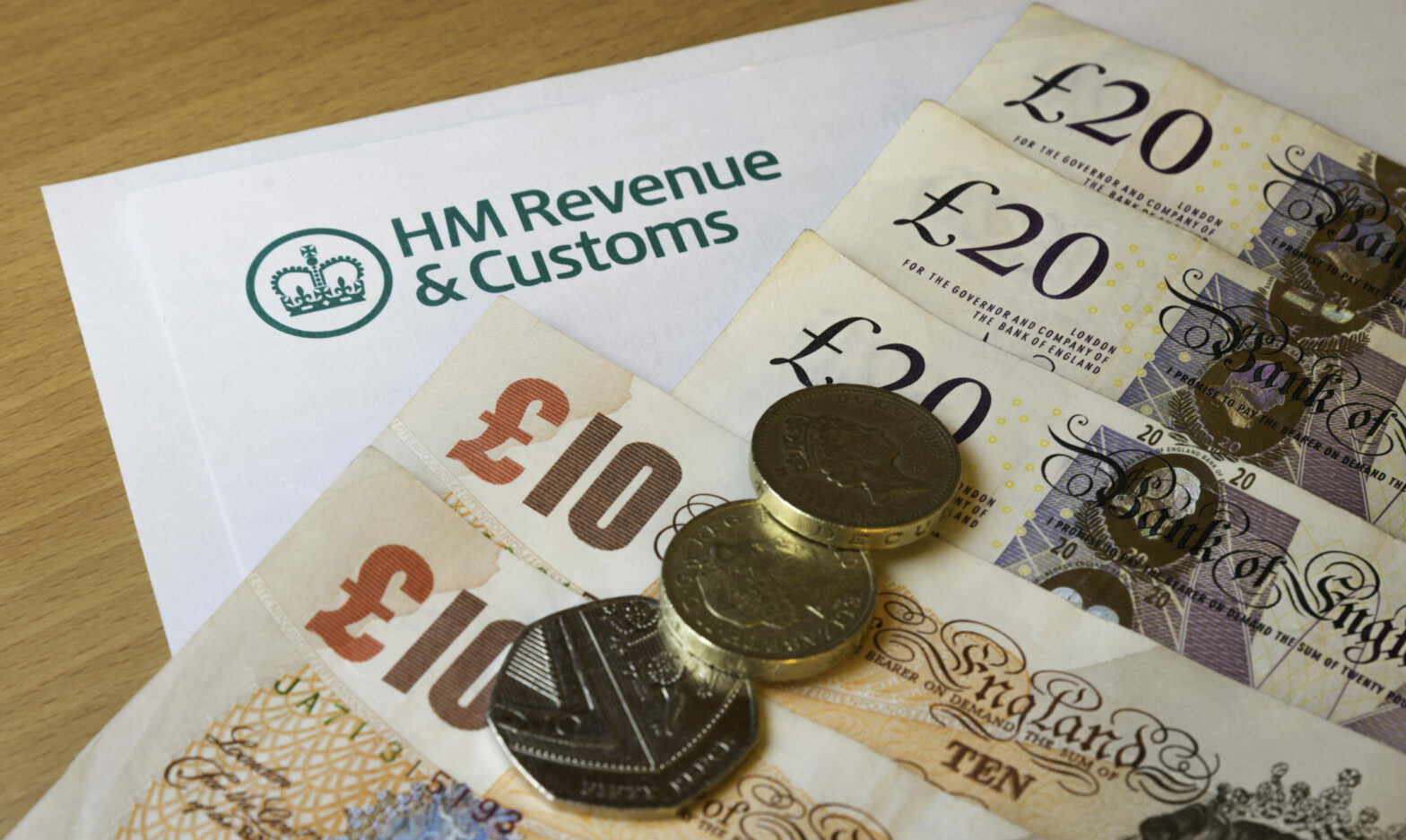The Treasury is considering whether to allow co-investors in its planned £500m Future Fund a 30 per cent tax break.
Treasury officials are debating whether to allow co-investments made through the government’s Future Fund tech start-up loan scheme to also qualify for the Enterprise Investment Scheme (EIS) tax break.
The Future Fund is due to launch later this month.
>See also: Future Fund – government tech start-up bailout scheme how it works
“It could fall one way or the other, but that is a discussion that is very live,” one source told the Telegraph.
The Future Fund will issue convertible loans between £125,000 to £5m to innovative companies that are facing financing difficulties due to the Covid-19 outbreak. These loans will have to be matched by private investors.
These loans will be for three years and will be charged at an interest rate of 8 per cent.
And to qualify, your start-ups needs to have raised at least £250,000 in equity investment over the last five years, to weed out true early stage start-ups.
Crucially, the government could end up owning half of some of Britain’s fastest-growing tech businesses. Future Fund loans may convert to equity at a discount of at least 20 per cent when companies undergo their next funding round.
However, at present there is no incentive for private investors to come in alongside the government in Future Fund investments.
Entrepreneurs Network founder Philip Salter told the Telegraph that the £250,000 floor needs to be dropped to £100,000 to help save more start-ups.
Meanwhile, the Enterprise Investment Scheme Association has been lobbying chancellor Rishi Sunak to raise the EIS tax break from 30 per cent to 60 per cent. Nine out of 10 growth businesses will be forced to close within a year as EIS investors continue to take fright, said the EISA.
Further reading
Government considering rescue funding package for unicorn businesses






